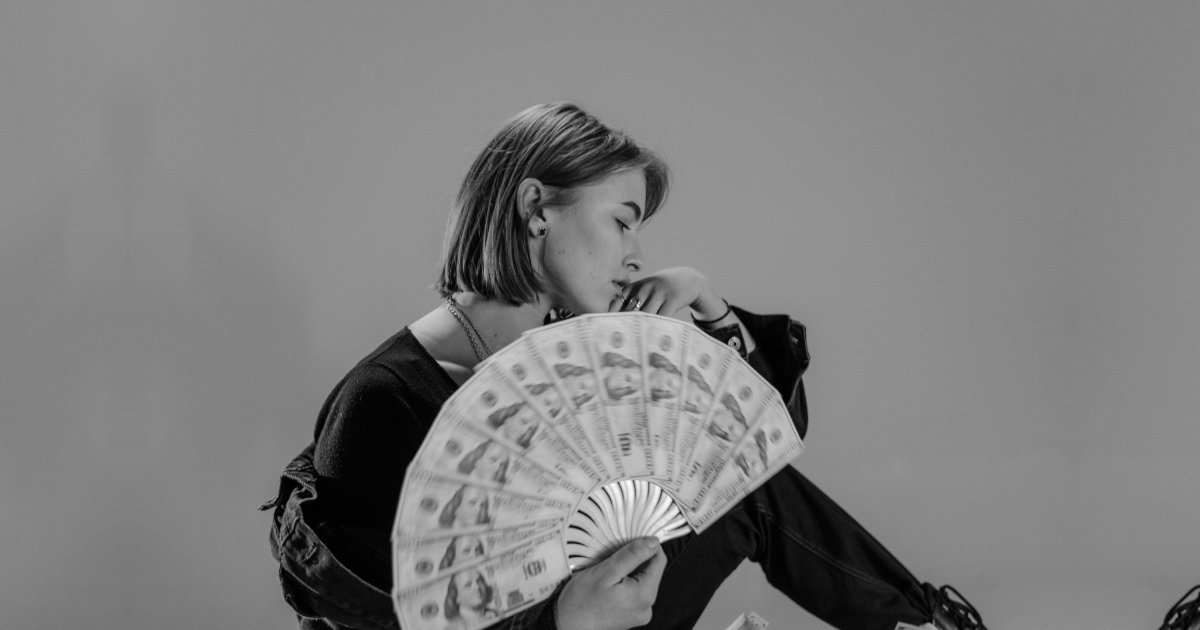The serene Kingdom of Bhutan, nestled in the Himalayan Mountains is acclaimed for its unique concept of Gross National Happiness.
Happiness by common parameters, is a direct outcome of materialistic success. In India, the devout offer prayers to Lakshmi, the Goddess of Wealth who is synonymous with wealth and can bless them with materialistic abundance. Owning houses, property, cars, jewels, investments, businesses, companies, brands and having free flow of cash constitutes the global definition of happiness or, does it? On a holiday in Bhutan, I set out to see what the Bhutanese ‘owned’ because ownership seems to have a direct correlation to happiness.
Travelling across the capital Thimphu, valleys of Punakha and Paro, and the mountains of Gangtey, I was reminded of The Buddha, present in every fort, shrine, home and motel. The Buddha was earlier Prince Gautama who left the luxurious life of a royal, to understand the cause of all suffering. Why were people not happy? After years of wandering as an ascetic, observing life in various forms and meditating, he achieved self-realization.
Desire is the cause of all suffering, he said. So, do the Bhutanese lack desire?
My experience with the local Bhutanese pins it on this vital, sustainable factor that makes them a happy people. I am not saying I know it all or there might not be other attributes however it is clear that the Bhutanese know what is working for them!
Simplicity
‘Keep it simple’ is easier said than done. We obsessively complicate everything in our lives. More is less. Multiple gadgets, a number of file iterations and meetings, increasing school syllabi, several levels of approval for policy to get implemented, increasing wants of a family – you name it! Raising the bar is an oft repeated phrase propelling you towards loftier objectives of materialism and complexity, each time, every time!
So how different are the Bhutanese?
Local Bhutanese live in highly symmetrical, simple, multi-level, eco-friendly homes. All homes look alike, thereby reducing competition and increasing a sense of equality. The government provides low wage earners with homes so they could retain their self respect and be able to focus on earning to provide for the family.
Land cost is high as the government prefers to retain ecological balance over recklessly approving more buildings. Property ownership is not expected and many locals stay in rented homes and are still content. They marry when they feel they are ready. There is no community or caste distinction making all equal, the most pertinent example being King 5 marrying outside the royal family..
Bhutanese cuisine is simple – mainly red rice or noodles, a variety of vegetables in cheese or boiled salads, lentils if at all, non-vegetarian gravy and homemade wines and tea. The frivolous concept of snacking in-between meals, ordering starters and accompaniments or dessert is absent.
I did not see too many cars though I did spy on some luxury SUVs owned by the Monarch’s government officials. Public transport is not frequent and there are no railway lines. Cars are imported from India and the government levies a 100% tax on the buyer! I think this is one way to discourage people from loading the roads with vehicles and causing damage to the environment. Making do with what you have is one of the basic tenets of simple living.
Most Bhutanese kids walk to school in their gho and kira (traditional clothes for boys and girls, respectively.) Education is free till graduate level and sports is integrated into the curriculum. The old and young walk a lot, prompting my dinner host for a night at a farming village to share that even at 93 years, her grandmother walks up and down steep ladders in their multi-level home! Health and medical treatment is covered by the government.
Being an agrarian economy, farmers are offered transport on government-provided mini vans that ferry them to the nearby markets to sell their goods. I saw more women selling their wares in markets and roadside government stalls than men, so is the inclusion of women in the economic sustenance of a family one of the reasons why Bhutan is so happy?
Television broadcasts began only in 1999, making Bhutan the last country in the world to introduce TV. The government regularly interacts and involves locals in the policy implementation and governance.
When King 5 took over the reins, he traversed Bhutanese farming villages on foot to understand their challenges and involve them in the solutions. For all government-related work, tourism and visiting forts and shrines, the Bhutanese must wear their traditional dress – another way to reduce comparison and encourage equality?
Forts (Tzongs) are opulent but resonate with the synchronous symmetry across the country.
Temples and forts, the cultural and spiritual hubs that have becomes big businesses in most countries, don’t insist on entry fees or mandated offerings in Bhutan. True, desire is the cause of all upheavals and suffering.
Following The Buddha’s teachings of knowledge, contentment, prayerfulness and gratitude, Bhutan seems to be on its way to tremendous material progress while being enriched by its spiritual sensitivity.
I loved what I heard about King 5’s view on progress – (not exact words) You don’t have to imitate the west but you can still be modern and progressive! I wish the Royal Kingdom continuing happy times in the future and look forward to visiting again.
To see how The Women Financial Advisers Network (WFAN) can support you to be your own boss and have a thriving financial and life planning & wellness practice, please see an archive of our Webinar and the introduction video. Questions, including how WFAN goals sync up to United Nations Sustainable Development Goals (SDGs) are available here.
WFAN is now also on SHEROES, a women’s social and economic empowerment community platform with currently 14 million users across geographies. If you have a question, you could contact us through our website or WFAN on SHEROES and we will be happy to provide the answers.
Credit:







0 Comments